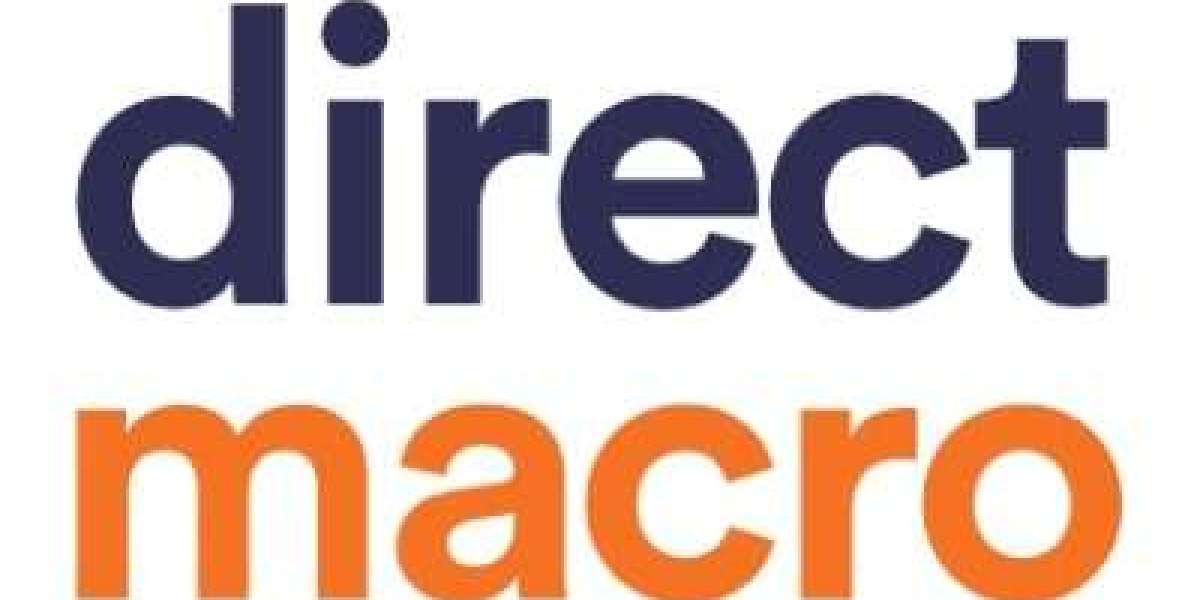In today's globalized and interconnected business landscape, ethical and responsible business practices have become more critical than ever. As companies strive to uphold high standards in their operations, supply chain transparency and ethical sourcing have gained prominence. One tool that aids in this pursuit is the Sedex (Supplier Ethical Data Exchange) audit. In this article, we will delve into the intricacies of Sedex audits, exploring their significance, the audit process, and the benefits they bring to businesses.
Understanding Sedex:
Sedex is a not-for-profit organization that provides a platform for companies to share and monitor information related to labor standards, health and safety, the environment, and business ethics within the supply chain. The Sedex platform enables businesses to collaborate, assess, and manage their supply chain risks effectively.
The Significance of Sedex Audits:
- Supply Chain Transparency: Sedex Audits play a crucial role in enhancing transparency within the supply chain. By evaluating a company's ethical and responsible business practices, Sedex helps ensure that suppliers adhere to internationally recognized standards.
- Risk Mitigation: Conducting Sedex audits allows businesses to identify and mitigate potential risks associated with their supply chain. This proactive approach helps in preventing issues related to labor exploitation, environmental negligence, and unethical business practices.
- Market Competitiveness: In an era where consumers are increasingly conscious of the ethical implications of their purchasing decisions, businesses that undergo Sedex audits gain a competitive edge. Certification serves as a mark of commitment to responsible business practices, appealing to a growing market segment that prioritizes ethical consumption.
The Sedex Audit Process:
- Registration and Self-Assessment: The first step in the Sedex audit process involves a company registering on the Sedex platform. Subsequently, the business conducts a self-assessment, providing information about its operations, policies, and adherence to ethical and social standards.
- Audit Preparation: Once registered, the company prepares for the audit by organizing relevant documentation, such as policies, procedures, and records. This phase involves a comprehensive review of the supply chain, identifying potential areas of concern.
- On-Site Audit: A Sedex audit typically involves an on-site visit by qualified auditors. These auditors assess the company's operations, interviewing key personnel and inspecting facilities to verify the accuracy of the self-assessment.
- Audit Report and Corrective Action Plan: Following the on-site visit, the auditors compile a detailed report highlighting areas of compliance and non-compliance. The company then develops a corrective action plan to address any identified issues, demonstrating a commitment to continuous improvement.
- Sharing Audit Results on Sedex Platform: Once the corrective actions are implemented, the company shares the audit results on the Sedex platform. This transparency allows other stakeholders, such as customers and suppliers, to assess the company's commitment to ethical practices.
Benefits of Sedex Audits:
- Enhanced Reputation: Companies that successfully undergo Sedex audits build a reputation for ethical and responsible business practices. This positive image can lead to increased customer loyalty and trust.
- Risk Reduction: Sedex audits help businesses identify and mitigate supply chain risks, reducing the likelihood of disruptions due to ethical or compliance issues.
- Access to New Markets: Many retailers and global brands require their suppliers to undergo Sedex audits. Certification opens doors to new markets and business opportunities, as companies increasingly seek ethical and compliant partners.
- Operational Efficiency: Through the audit process, companies can identify areas for improvement in their operations. Implementing corrective actions enhances overall operational efficiency and sustainability.
Conclusion:
Sedex audits have become a cornerstone in the quest for ethical and responsible business practices. Beyond compliance, they offer businesses an opportunity to differentiate themselves in a competitive market while contributing to the broader goal of creating a sustainable and socially responsible global supply chain. As companies continue to prioritize ethical considerations, Sedex audits will likely play an increasingly pivotal role in shaping the future of responsible business conduct.







